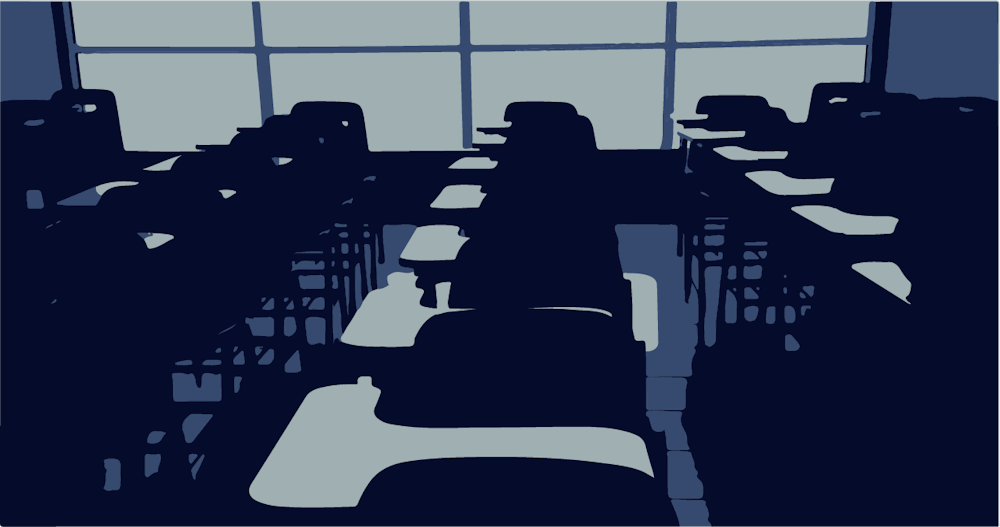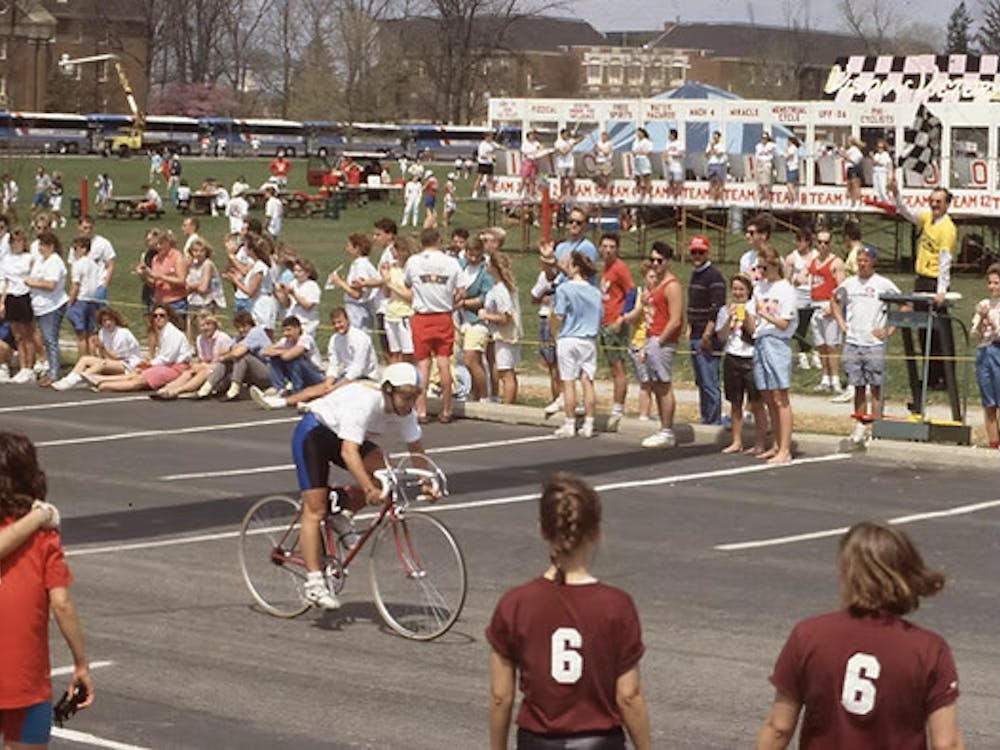When the power went out in Miami University’s Peabody Hall last month, Nadia Severt thought it was a ghost.
Severt, a first-year business student, was watching “Dirty Dancing” in Peabody Hall when the power went out. Her friend group was worried it was the ghost of Helen Peabody who turned off their television.
“It was out for like two minutes, and we all stared at each other for a second, and then we started getting freaked out because everyone tells us that Peabody is haunted,” Severt said. “We thought it was Helen playing another joke.”
There have been at least two power outages so far this semester on Miami’s campus but neither was caused by a ghost or poltergeist.
On Sept. 28, an accident at the Duke Energy plant led to cut power across campus.
Malcolm Drane, director of energy systems at Miami, said the Miami and Oxford communities are served by Duke Energy and have their own substation connected to Duke Energy’s grid. From there, Miami takes energy and distributes it throughout campus.
Drane said a contractor was performing work on behalf of Duke Energy and accidentally operated a breaker that was connected to half of campus, causing the loss of power. The issue was fixed within two minutes.
“With any distribution, any utility, there are risks involved,” Drane said. “There's not a guarantee of power, but we do our best to make sure our systems are reliable and operational.”
Earlier in the semester, a lightning strike on Duke’s systems during a thunderstorm led to a two-second outage. Because Miami is on the same electrical grid, the university was still affected. However, Miami’s distribution system is underground, protecting them individually from storms.
Drane said that during short outages, Miami is essentially at the mercy of Duke Energy because they cannot get the backup generators operational quickly.
“For those longer outages, we practice and prepare every year to make sure that the systems are in peak condition so that we can provide the resiliency and redundancy that the students are looking for and that the rest of the university is looking for,” Drane said.
BaShaun Smith, dean of students, said the impact on students has been minimal considering the short amount of time electricity was unavailable. However, he said if something drastic were to happen, the university’s staff and faculty would accommodate the students.
Enjoy what you're reading?
Signup for our newsletter
“I don't think it's anything pressing right now,” Smith said, “but obviously, if it [becomes] a normal thing, the university is going to respond.”




